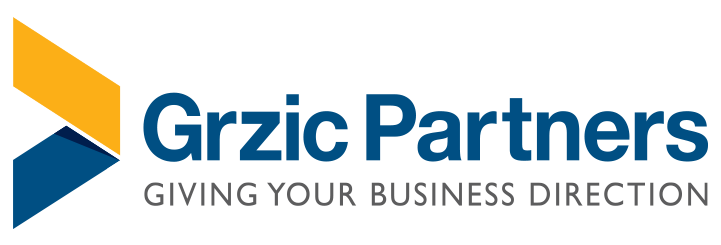Upskilling and self-education costs
The expenses need to have a sufficient connection to your current employment income in order to make a claim.

You may be incurring self-education expenses when you:
- take courses at an educational institution (even if you don’t gain a formal qualification);
- undertake training provided by an industry or professional organisation;
- attend work-related conferences or seminars; or
- do self-paced learning and study tours in Australia or overseas.
However, the expenses need to have a sufficient connection to your current employment income in order to make a claim. This means either maintain or improve the specific skills or knowledge you use, or be likely to result in increased income in your current role.
If you meet the eligibility criteria you may be able to claim a deduction for:
- tuition, course or seminar fees incurred in enrolling in a full fee paying place;
- general course expenses (eg stationery, internet usage);
- depreciation on assets like laptops;
- transport costs between home or work and your place of study;
- accommodation and meals when your course requires you be away from home for one or more nights; or
- interest on loans where you use the funds to pay for deductible self-education expenses.
Keep in mind that sometimes only certain subjects or components of your study are sufficiently connected to your work – in these cases, you'll need to apportion your expenses.
AcctWeb
